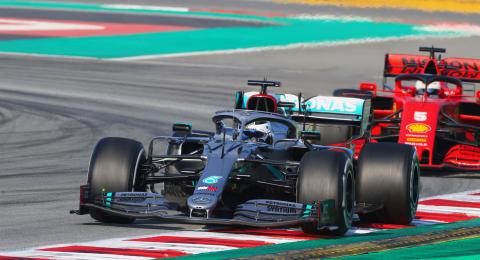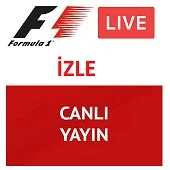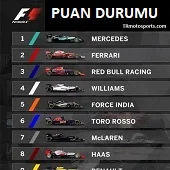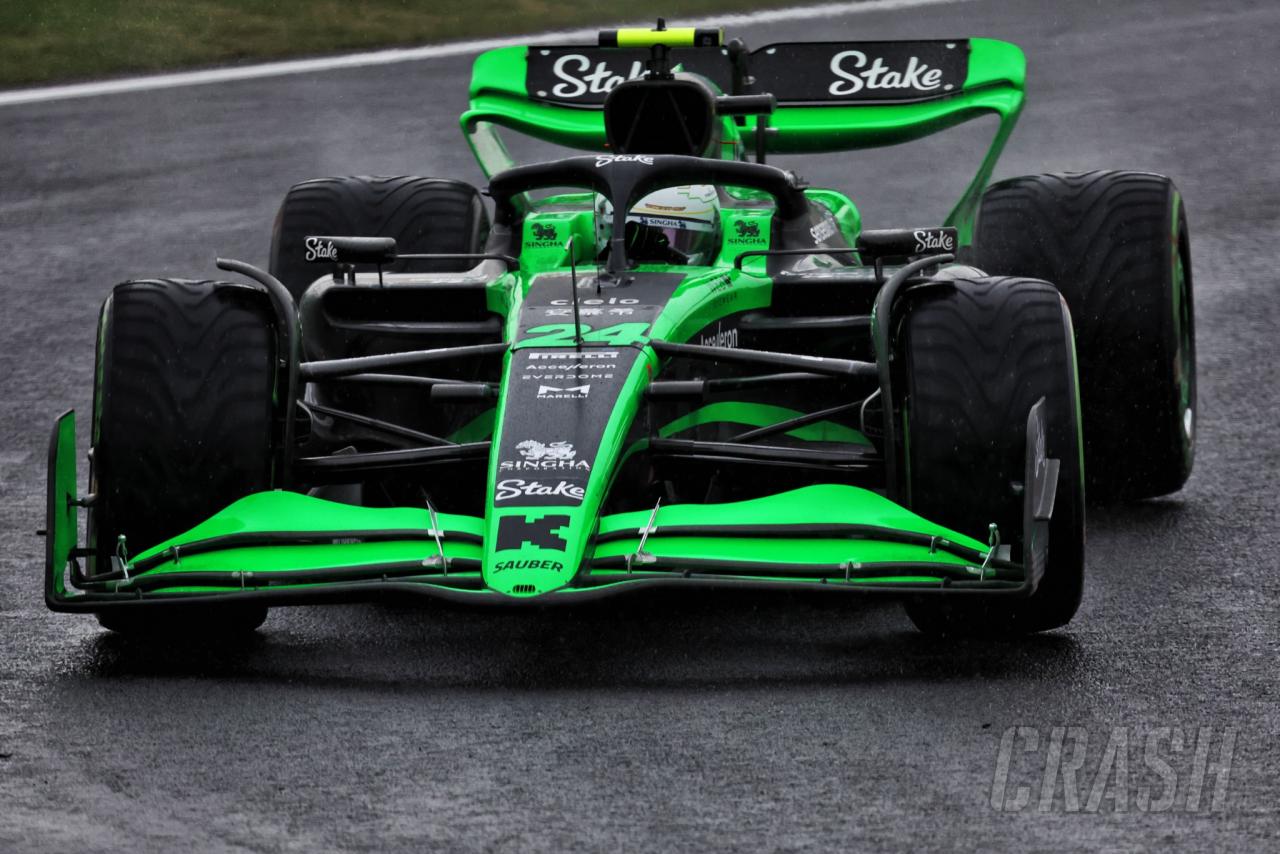
The implications of a shorter F1 world championship
| F1 Live | F1 Replay | F1 Standings |
2020 was supposed to be the longest Formula 1 season in history at 22 races, but what would happen if the calendar ended up being significantly reduced?F1 chiefs remain determined to stage between 15 and 18 races before the end of the year, and insist they are “increasingly confident” about plans to kickstart the 2020 season in early July with a string of behind closed door European rounds starting in Austria following delays caused by the coronavirus pandemic.But given the unpredictable and fast-changing nature of the COVID-19 crisis, which has already scuppered F1’s best intentions to get the campaign underway by forcing the postponement or full cancellation of the opening 10 races already, it is almost impossible for the championship to nail down any firm plans.The situation has been complicated by national permissions on travel, as well as social distancing and lockdown restrictions which are being enforced across the globe.At present, the likelihood of F1 being able to get through its target of 15-18 races appears optimistic at best.Holding as many races as possible will naturally remain at the top of F1’s agenda – given the financial incentives that come with the revenue received through hosting fees, broadcast and sponsorship deals – though only eight races are required to validate a world championship season.So, how would a 10-race or fewer F1 season affect the nature of racing and ultimately the outcome of the world championship?Charles Leclerc reckons such a scenario would prompt drivers to take more risks which could lead to “some surprises”. He also highlighted how drivers may need time to find their rhythm again after more than six months without racing.“With less and less races people will want to take more risks,” the Ferrari driver explained. “So we might have some surprises and it will be exciting to watch.“I am sure Mercedes and Lewis [Hamilton] are still the favourites, even in an eight-race championship, but probably we will all risk a bit more on track – risky strategies, risky overtakes.“It is going to be difficult,” Leclerc added. “The mindset, to find the bubble you need to be in just before getting into the car, this is something that once you don’t do it for a long time it is difficult to get back to this state.””4More risk taking by those scrapping for victory could result in more entertaining ‘sprint-style’ races and might open the door for midfield teams to capitalise by sneaking onto the podium or even by claiming a rare race win in a particularly crazy race.XPB_1037890_HiRes.jpg accImages.createImage();Less races would also place emphasis on the need for greater consistency, while the impact suffered in the event of a reliability failure would likely be doubled.This would largely depend on the exact format F1 uses when it finally goes racing, but component changes and subsequent grid drops during double-header events could change the complexion of not only that weekend but also the entire title picture.“There’s not going to be any joker [to play],” Renault’s Esteban Ocon told Sky Sports News.“There’s no places to DNF. It’s going to very important to finish all the races, score all the points available, and get it to the finish.”Might this lead some drivers to be more hesitant and tentative during races and in wheel-to-wheel combat?Going by recent history, the leader after 10 races generally shows that the eventual champion does not necessarily always start off fast and maintain superiority throughout.Nico Rosberg recently argued that a shorter season could well favour the likes of Max Verstappen in a showdown against Lewis Hamilton. The German knows exactly how to successfully beat Hamilton in a direct title fight, having done so by just five points on his way to securing his first and only drivers’ crown in 2016.Hamilton has traditionally made relatively slow starts (by his exemplary standards) to campaigns before going on to blow away the opposition in the latter stages in the season. This is highlighted by the fact the Briton has only led championships after 10 rounds on two occasions out of his five title trumps while at Mercedes – in 2015 and 2019.However, a short season may well benefit Mercedes more than usual this year given how strong the German manufacturer looked during pre-season testing and considering the dominant start it made to 2019 by winning the first eight events.Hamilton has the chance to match Michael Schumacher’s record of seven world titles this year, while Mercedes is seeking the unprecedented feat of winning seven straight world championship doubles.But would the world championship titles be devalued if the 2020 season ended up only being a 10-race affair? Sebastian Vettel believes the achievement would not be diminished.“Before we had less races in the past and more races today, but I don’t think it makes a big difference,” said the four-time world champion, who would have sealed two additional titles with Ferrari in 2017 and 2018 if each season of the V6 hybrid era had been contested over 10 rounds.“Obviously a season is a season, whether it’s 10, 15 or 20, 25 races. So you still have to be the one that is most consistent. With less races, every race is more important, but the championship would still be the championship.“So it’s still a long way, and you know, each single race weekend is a long way. And races mean there will still be a lot of things to get right.”Many unknowns remain over exactly when and how the 2020 F1 season will take shape, but with the majority of the grid familiar to an expanded calendar featuring around 20 races, a shortened season would certainly provide a new test.M227607.jpg accImages.createImage();
For motorsport news follow TRmotosports on social media.
facebook.com/TRmotosports
twitter.com/TRmotosports
instagram.com/trmotosports/
linkedin.com/company/trmotosports-com





